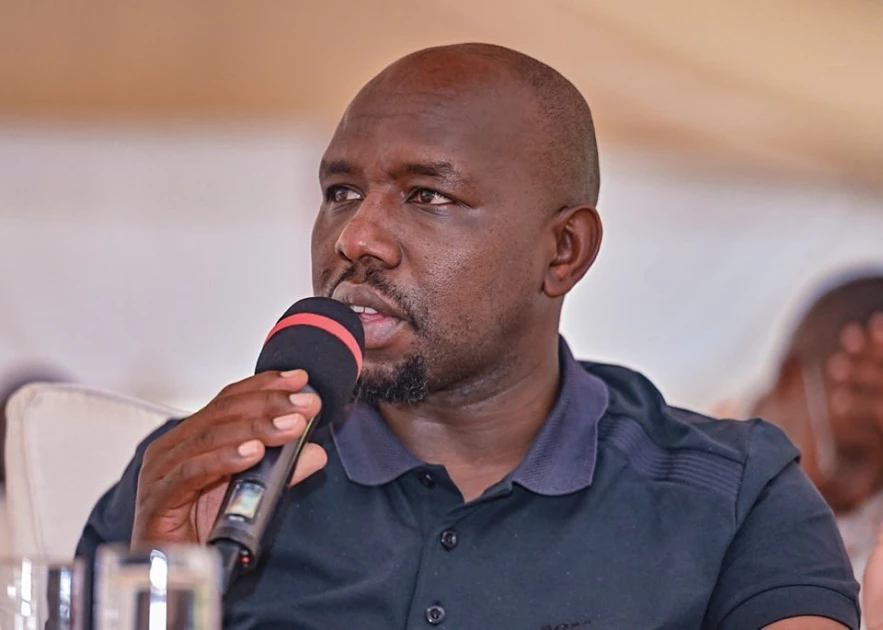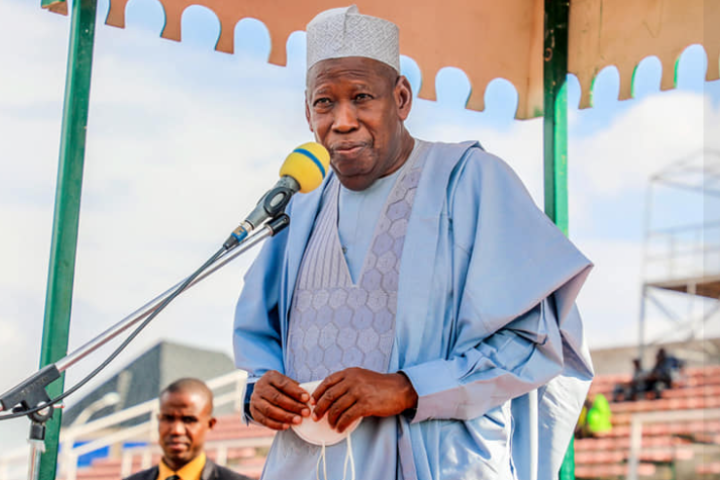German CDU/CSU Alliance and SPD Conclude Preliminary Talks

Germany's political landscape is on the cusp of significant change as the Christian Democratic Union (CDU) and its Bavarian sister party, the Christian Social Union (CSU), have reached a pivotal agreement with the center-left Social Democrats (SPD) to commence formal coalition negotiations. This announcement, made by conservative bloc leader Friedrich Merz, signals a crucial step towards forming a new government to succeed that of outgoing chancellor Olaf Scholz.
Friedrich Merz, widely anticipated to become Germany's next chancellor, has previously articulated his vision for revitalizing the nation's economy and bolstering its armed forces. This ambition takes on added significance in light of the strained trans-Atlantic relations during the Trump administration, which cast doubt on the reliability of the NATO alliance.
During a press conference in Berlin, Merz, alongside Lars Klingbeil, co-leader and parliamentary group leader of the SPD, highlighted the consensus reached on a range of critical issues. A key component of the agreement involves a plan to manage undocumented migrants and asylum seekers at Germany's land borders in close collaboration with neighboring countries. Klingbeil emphasized that the SPD successfully ensured the preservation of the recently reformed citizenship law, which allows for shorter eligibility periods.
The exploratory talks also addressed vital aspects of tax policy, including measures to alleviate the tax burden on middle-class households, reduce energy bills, and implement a permanent reduction in the Value Added Tax (VAT) on food in restaurants. Klingbeil confirmed that the SPD secured assurances on essential demands, such as establishing a €15 ($16) per-hour minimum wage and maintaining stable pensions.
Merz emphasized that a joint paper would serve as the foundation for formal coalition negotiations, potentially beginning the following week. He conveyed a shared conviction that both sides face a significant task and that Germany urgently requires a new government with a parliamentary majority. Addressing the backdrop of potential tariffs on EU imports threatened by Trump and the intense pressure on Ukraine to negotiate a peace agreement with Russia, Merz acknowledged the considerable international challenges ahead.
With a target of finalizing negotiations by Easter, Merz aims to expedite the formation of a coalition government. The German political process typically involves two phases: exploratory talks followed by formal coalition negotiations. Simultaneously, both parties are striving to secure a preliminary agreement before the upcoming week, with the intention of easing Germany's borrowing limits through parliament to stimulate economic growth and increase military spending.
However, Felix Banaszak, co-leader of the Green Party, whose support is essential for the substantial spending increase, cautioned that Saturday's announcement has made an agreement more distant. The CDU/CSU emerged as the leading party in the parliamentary elections on February 23, securing 28.5% of the vote. The SPD finished third with 16.4%, trailing behind the far-right Alternative for Germany (AfD), which garnered 20.8%. Notably, all parties have ruled out any form of cooperation with the AfD.









